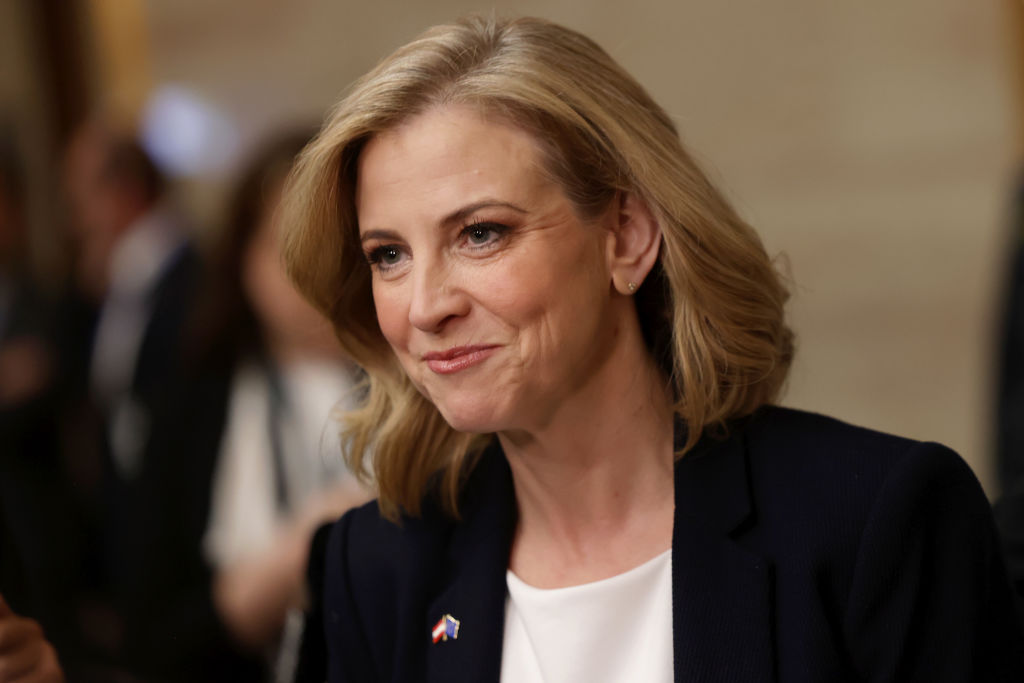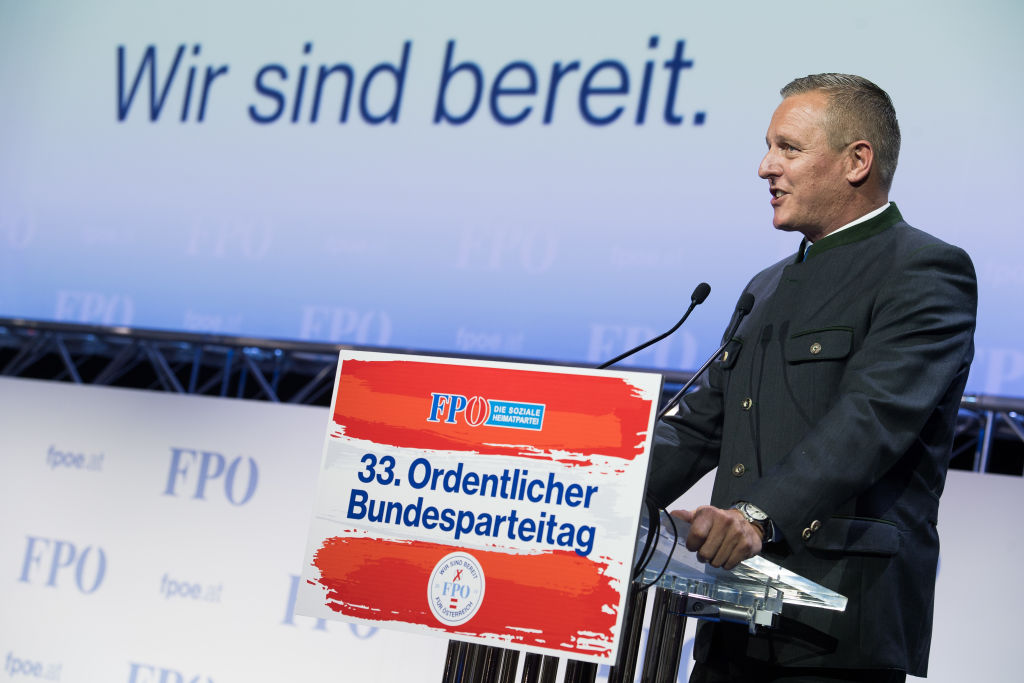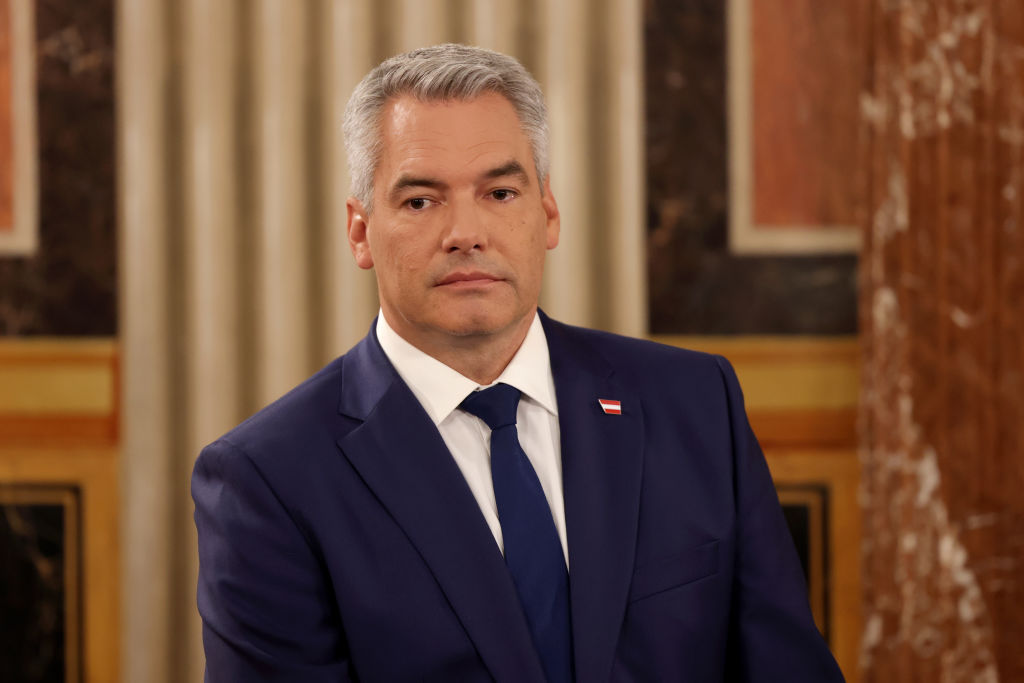Representatives of Austria’s emerging right-wing coalition government have sent a letter to the European Commission outlining measures they will take to reduce the country’s burgeoning federal deficit.
The Freedom Party (FPÖ) and Conservatives (ÖVP) tasked interim finance minister Gunter Mayr with delivering the letter to EU Commissioner Valdis Dombrovskis in Brussels on January 14.
FPÖ and ÖVP have held talks to form a coalition government since mid-January, after previous negotiations between ÖVP, Social Democrats, and Liberals to form a more left-leaning three-party coalition failed. In the September 2024 elections, the right-wing FPÖ came first with 29 per cent of the vote, ahead of the Conservatives with 26 per cent. Since the elections, the ÖVP has dropped still further in polls, down to just 17 per cent in a January 9 survey.
NATIONALRATSWAHL | Sonntagsfrage Market/Paul Lazarsfeld Gesellschaft/TZ ÖSTERREICH
FPÖ: 39% (+3)
SPÖ: 19%
ÖVP: 17% (-3)
NEOS: 10%
GRÜNE: 10% (+2)
KPÖ: 3%
Sonstige: 2% (-2)Änderungen zur letzten Umfrage vom 19. Dezember 2024
Verlauf: https://t.co/roFKebZlfU#nrw29 #NRWahl pic.twitter.com/OsAjaUGmcJ
— Österreich Wählt (@Wahlen_AT) January 9, 2025
One reason for the Conservatives’ drop in popularity is that immediately following the election, it emerged the ÖVP-led finance ministry had covered up the true extent of Austria’s federal deficit.
After lavish state subsidies, pension increases, and other spending by the previous government, Austria now faces a budget deficit of more than €20 billion, or more than 4 per cent of its gross domestic product (GDP).
In late 2024, the European Commission announced Austria would face an EU deficit procedure unless it presented credible steps to reduce the deficit to below the 3 per cent Maastricht threshold.
The financial situation has also affected Austria’s sovereign credit rating. On January 10, the rating agency Fitch revised the outlook for Austria’s “AA+” credit rating to “negative”.
The leaders of FPÖ and ÖVP have agreed on a series of measures which should save €6.4 billion in 2025.
About half of these savings should come from reducing state subsidies, which are traditionally very high in Austria.
The exact cuts are yet to be announced but FPÖ negotiator Arnold Schiefer – who may become the incoming government’s finance minister – has already mentioned two programmes which the next government will end.
One is the Klimabonus (climate bonus), a direct payment of €200-€300 from the state to every citizen.
A second is Bildungskarenz (educational leave), where the state pays an employee’s wages for up to a year for citizens undertaking further education. In practice, argue critics, this programme has often been used as a form of state-financed vacation.
The remaining €3 billion are to be made up from spending cuts at individual ministries as well as changes in the tax system.
The speedy agreement reached by the FPÖ and ÖVP on deficit reduction has been viewed as a sign the coalition negotiations are going unexpectedly smoothly.
After months of fighting, representatives of both parties have lauded the new spirit of cooperation in the talks.
This has raised hopes that almost four months after the election, Austria will finally have a working government soon.





